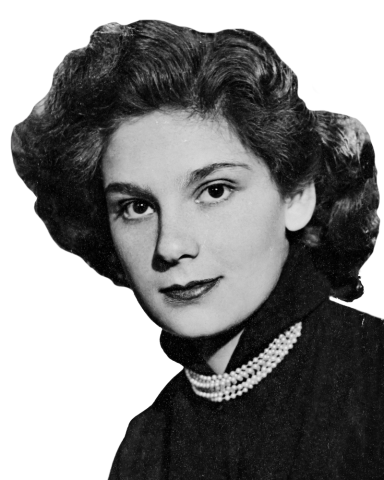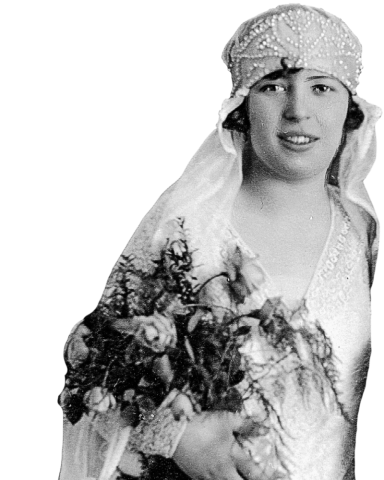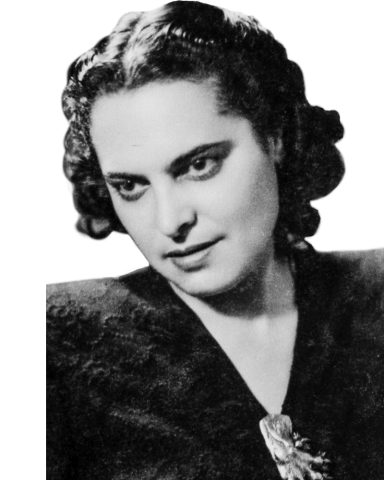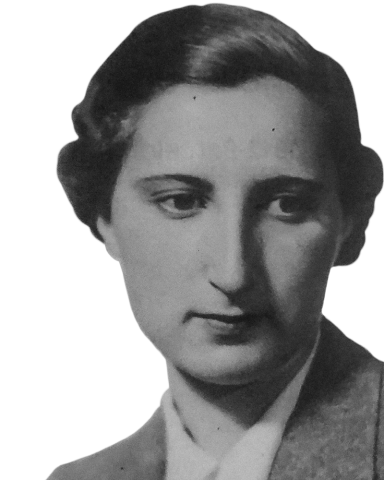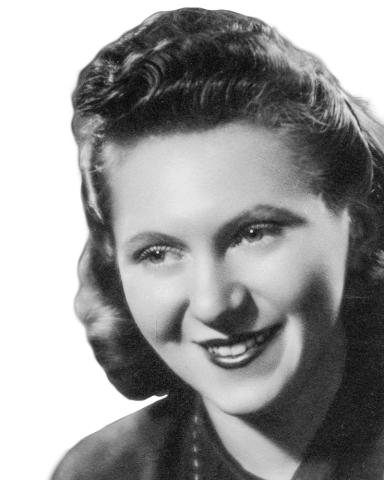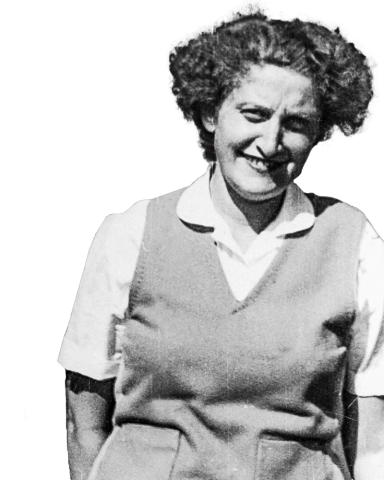
Irena Wygodzka
My name is Eni Wygodzka, nee Beitner. Erna was the name used in documents, in the identity card, but both my friends and family always called me Eni. One of my cousins used to call me Koziula [from the Polish word ‘koza,’ meaning goat], because I was kind of wild and restless, skipping around on one leg.
Interviewer: Zuzanna Schnepf
Warsaw, 2004
Eni (Erna, Irena) Wygodzka, née Beitner, was born in 1922 in Magdeburg. Her parents Herman and Bala Beitner, who originated from Zagłębie, lived there shortly after the wedding, and when Eni was two years old they moved to Katowice. Her elder brother Natan was born in Magdeburg in 1921, later two more sisters were born in Katowice.
Herman and Bala Beitner were not particularly religious, although they both came from traditional Jewish homes. Eni recalls that they were rather simple people, no one in the family had a higher education, there were almost no books in the house. Her father worked as a real estate manager and her mother was a housewife. Eni admits that she was not a good student at school, she even repeated a grade once - she did not pay attention to her studies, she had difficulties with maths and science. Her brother Nathan was the opposite of her in this regard.
Most of the family had Zionist views, her father was even the local treasurer of the General Zionist Organization, both of Eni's parents wanted to go to Palestine, but they could not afford it. Eni belonged to the Zionist youth organization Akiba.
One day before the outbreak of the Second World War, the whole family tried to escape to the east, but after a few days they had to return. They stayed with relatives in Sosnowiec. Soon, however, Eni and Natan decided to go east - to the Soviet occupation zone. The father also decided to run away. The mother and her younger daughters stayed in Sosnowiec. After a short stay in Lviv, Irena went to Vilnius, where she lived in a kibbutz with friends from Zionist organizations. She hoped to be able to enter Palestine illegally. Father and brother stayed in Lviv. In 1940 Natan committed suicide. Eni found out about it much later and then she returned to Lviv, to her father.
However, soon the Third Reich attacked the USSR, German troops entered Lviv and a series of bloody pogroms and mass murders of the Jewish population took place. In these circumstances, Herman Beitner was murdered in 1941. Eni managed to get out of the Lviv prison. After her father's death, she decided to get to her mother and sisters in Sosnowiec. When she reached her hometown, soon, in 1942, she was deported to the Oberaltstadt forced labor camp. She worked there in a thread factory. In 1943, her mother and younger sisters were sent to the same camp. All four survived, but most of the numerous relatives who remained in the Będzin-Sosnowiec ghetto in Środula were transported to the Auschwitz-Birkenau camp and murdered.
After the war, Eni, together with her mother and sisters, stayed in DP camps in Austria and Germany. There she met her husband, the writer Stanisław Wygodzki. Mother and sisters left Germany for Palestine, but Eni stayed - out of love for her husband, she gave up her dreams of living in Palestine and returned with him to Poland. They settled in Warsaw and Eni's two children were born there in 1950s: Adam and Ewa. The family left for Israel in 1968 as a result of the antisemitic campaign launched by the Communist authorities.
However, Eni's children did not find their place in Israel and emigrated when they grew up. Stanisław Wygodzki died in 1992. After his death, Eni lived in Israel for a few more years, but then decided to return to Europe to be closer to her children and grandchildren. After staying with her daughter in France, she decided to return to Poland, to Warsaw. As she herself said, she felt no bond with Israel, Poland, or France.
